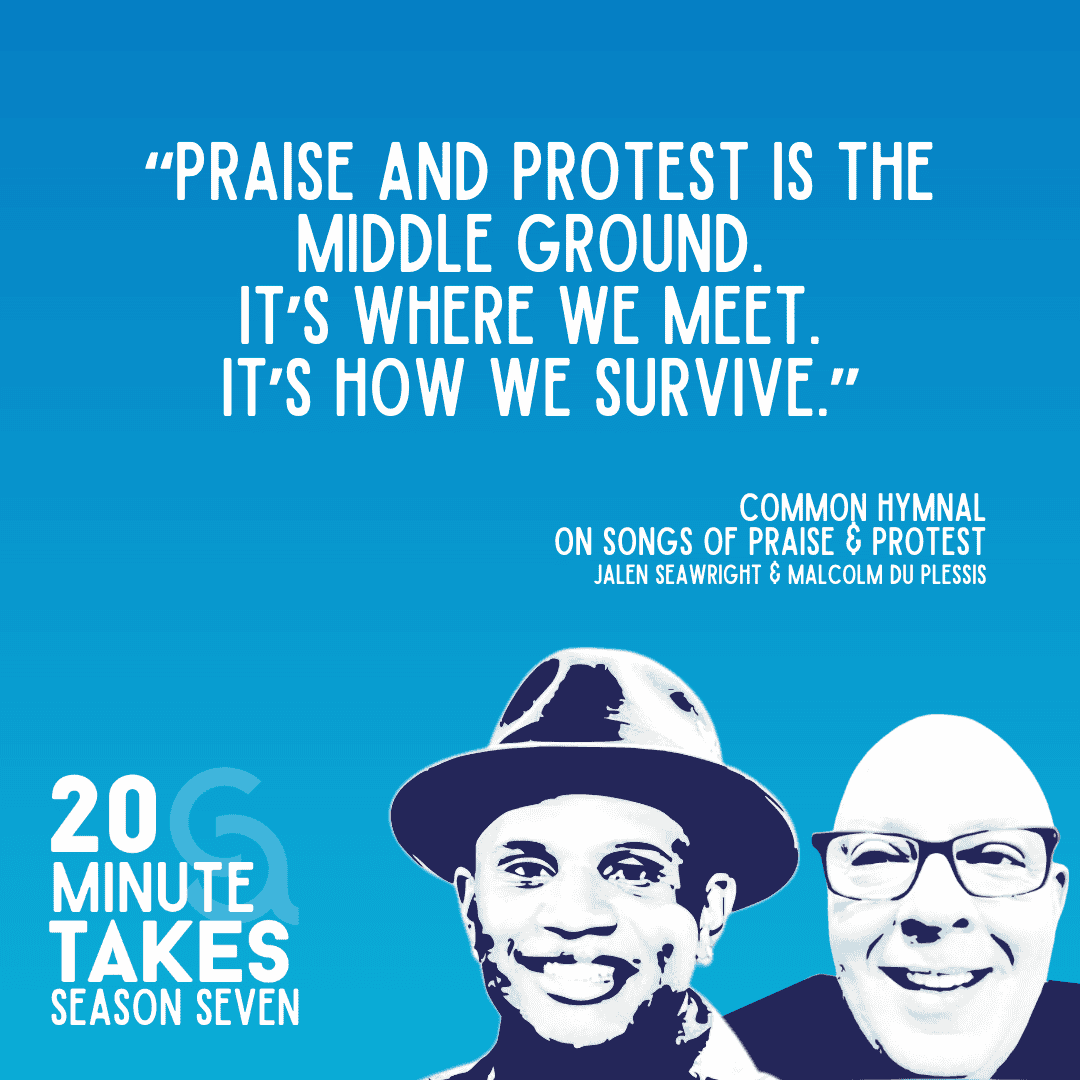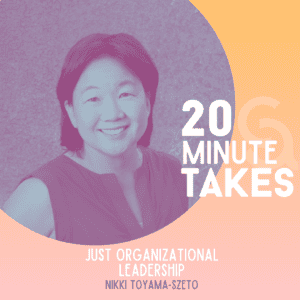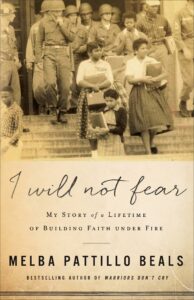What happens when worship music tells the truth?
 In a new episode of 20 Minute Takes, Nikki Toyama-Szeto sits down with Malcolm du Plessis and Jalen Seawright from Common Hymnal — a collective of artists and misfits reshaping Christian worship. Their songs move beyond Sunday morning praise to explore protest, belonging, lament, and joy. It’s a movement born on the margins, and it’s helping re-center worship around honesty, justice, and Jesus. This is a summary of the episode. You can listen to it here.
In a new episode of 20 Minute Takes, Nikki Toyama-Szeto sits down with Malcolm du Plessis and Jalen Seawright from Common Hymnal — a collective of artists and misfits reshaping Christian worship. Their songs move beyond Sunday morning praise to explore protest, belonging, lament, and joy. It’s a movement born on the margins, and it’s helping re-center worship around honesty, justice, and Jesus. This is a summary of the episode. You can listen to it here.
A Different Kind of Worship Music
Common Hymnal is not chasing radio hits or church playlist popularity. From the beginning, the goal has been different. “We’re not trying to write worship songs,” says Malcolm. “We’re trying to write songs that are honest.”
This honesty — about God, injustice, identity, and spiritual longing — sets Common Hymnal apart. Their community includes songwriters, pastors, and activists who use music to name what’s broken and imagine what’s possible. It’s not a music brand. It’s a spiritual home for people who’ve felt pushed out of the mainstream church but still believe deeply in God’s justice and grace.
Praise and Protest
For Jalen, a Black artist and worship leader, that blend is deeply personal. “There’s righteous anger in me,” he says, pointing to the silence of many white churches in the face of violence and inequality. “But I reenergize myself in the jubilee. In the praise. Even though I’m not seeing justice yet, I know I serve a God who is able.”
This tension — between grief and hope, lament and celebration — is what Common Hymnal captures so well. Their music becomes a spiritual middle ground, a place where joy and justice hold hands.
Why It Matters
Too often, Christian worship music reflects a narrow theological lens — ignoring race, inequality, and suffering. Common Hymnal widens that lens. Songs like How Much Longer and God of Color don’t just name the pain; they reframe it in light of the gospel.
-
How Much Longer is a cry for justice that resists easy answers.
-
God of Color challenges whitewashed images of Jesus and centers Black and brown identities.
-
Seat at the Table affirms the sacred worth of misfits and outsiders — “Our contributions matter,” says Jalen. “We are the thought leaders of the future.”
These songs are sung around the world — in Medellín, Columbia, in living rooms, and at justice rallies. Their impact is growing because they speak what many have been longing to say.
Beyond the Stage
But it’s not just the music — it’s the community. “Common Hymnal gave me a place to belong,” Jalen reflects. In his darkest season, fellow artists bought groceries, opened their homes, and walked alongside him. That belonging, he says, was the embodiment of the Gospel.
Malcolm, raised in apartheid-era South Africa, echoes this. “The church is built on the foundation of apostles and prophets,” he says. “Apostles build. Prophets tear down. Somewhere between affirmation and challenge is where true life happens.”
A Movement of Spiritual Honesty
At its core, Common Hymnal is about telling the truth — with lyrics, with lives, with love. It’s about songs that emerge from the “swath of reality,” as Malcolm puts it — not just the sanitized parts. It’s about resisting commercialized faith in favor of something deeper, wilder, more real.
And maybe that’s why their music resonates far beyond the worship industry. Because it’s not manufactured; it’s lived.


